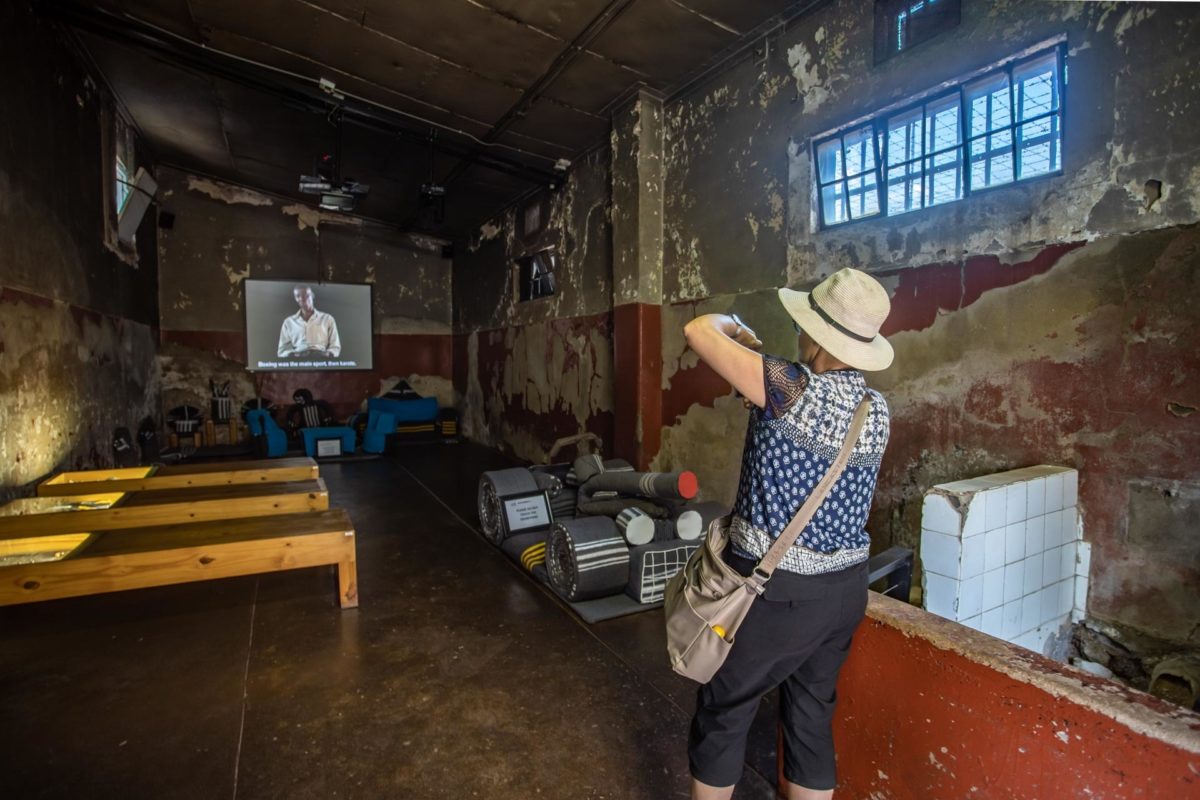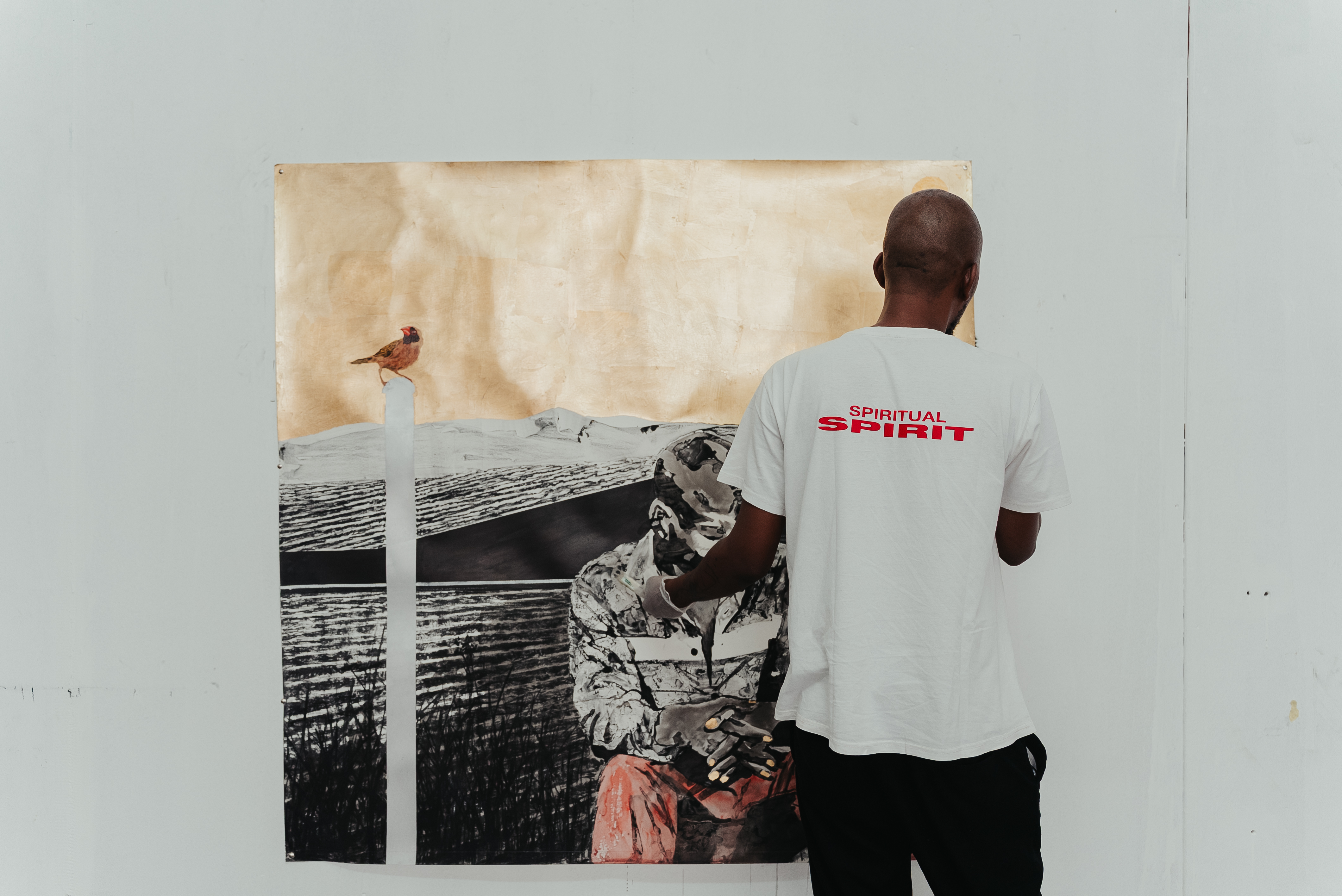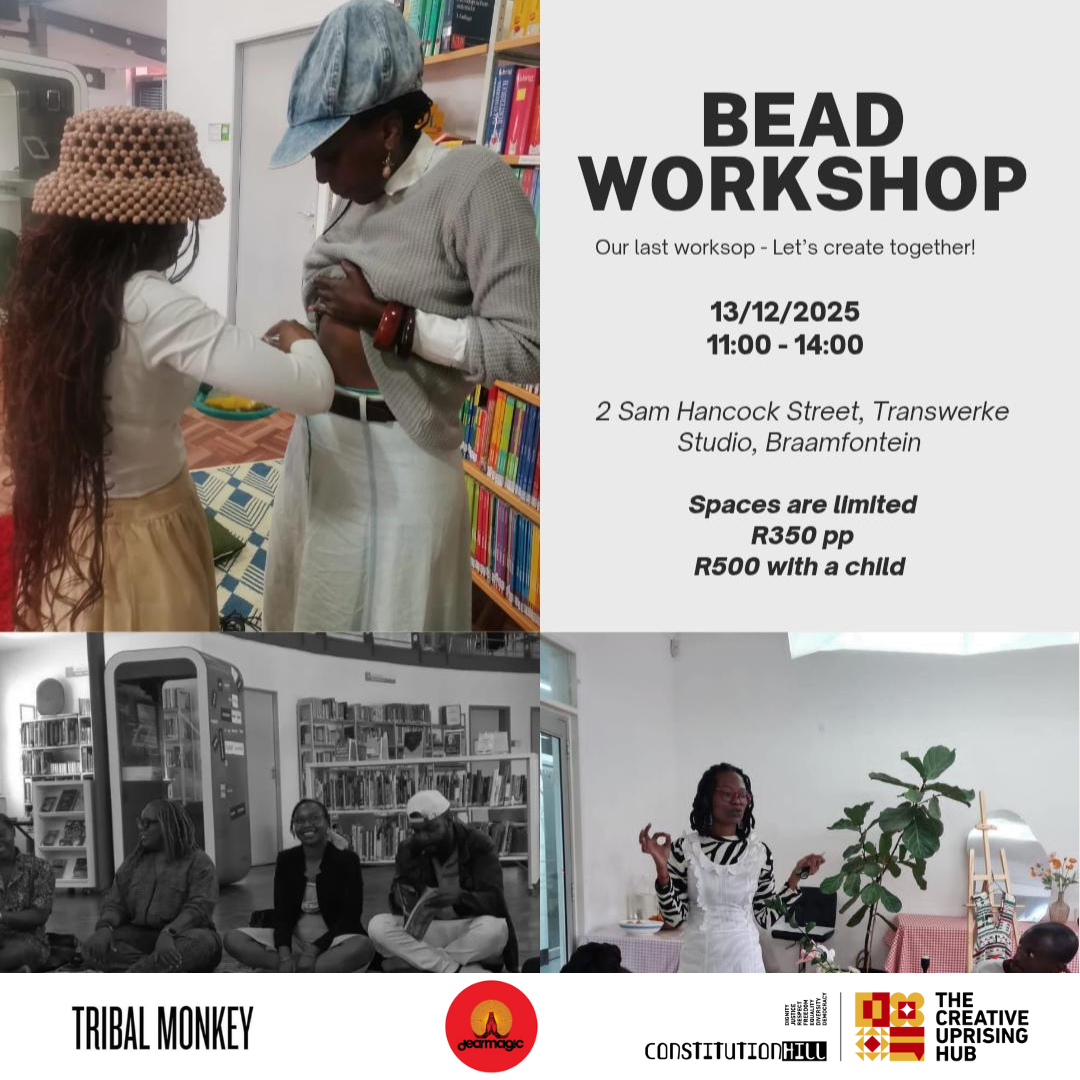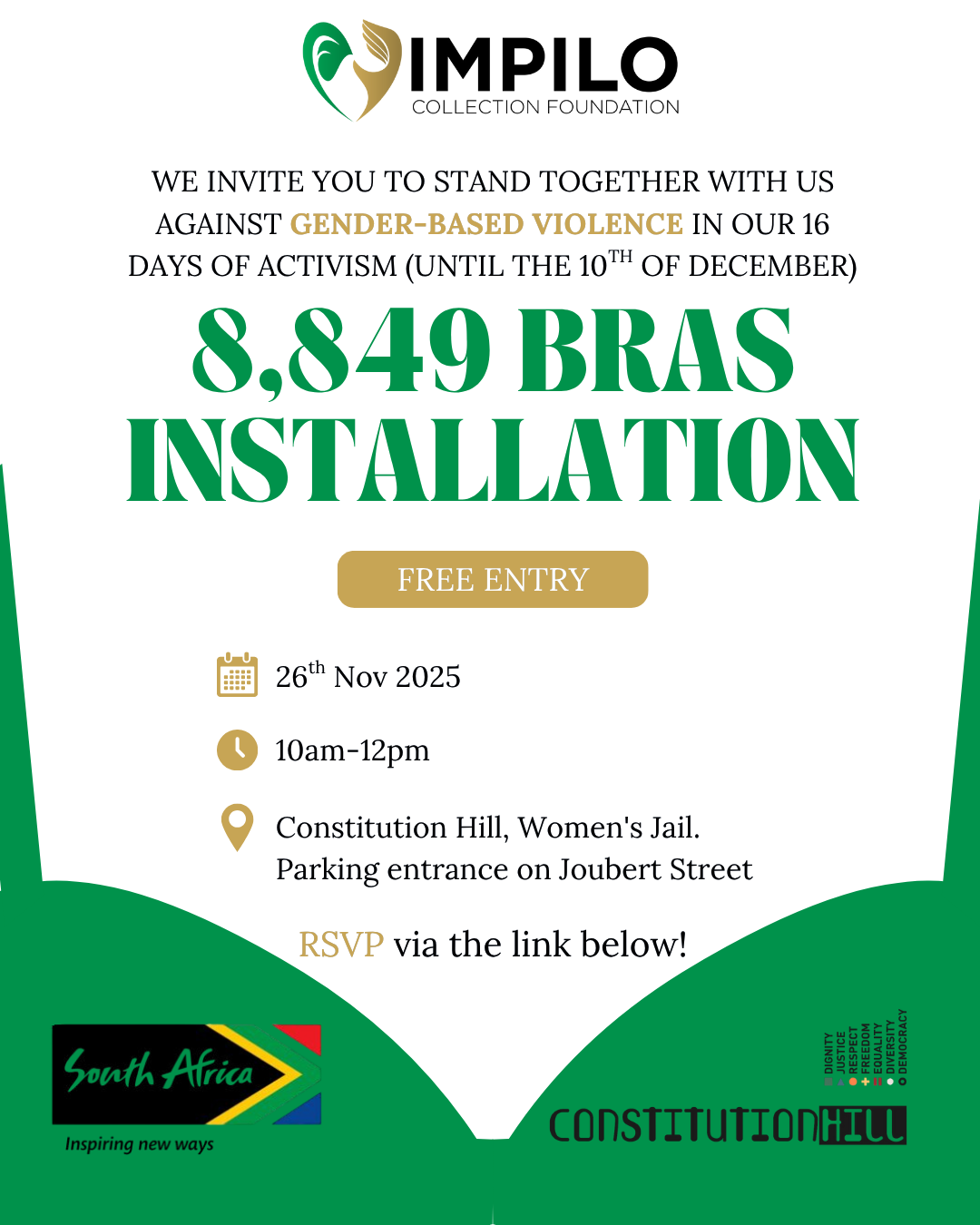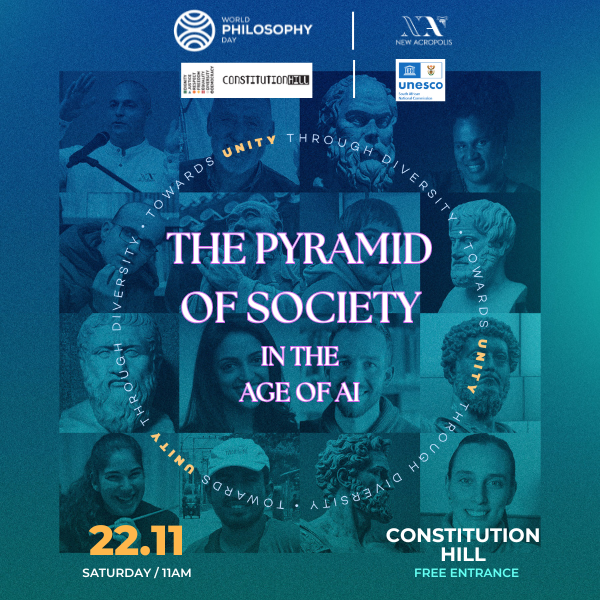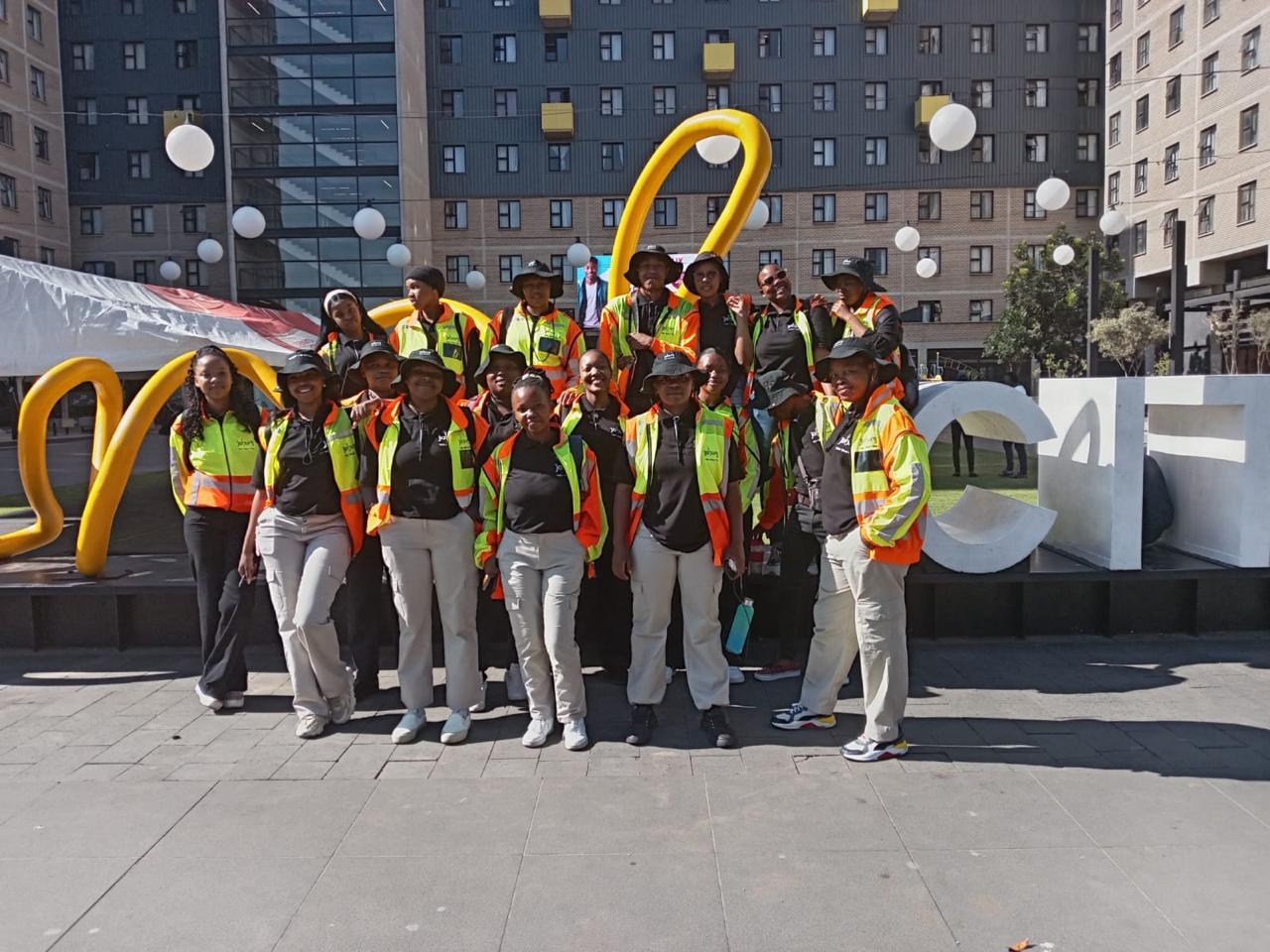On Saturday 18 April 2020, we celebrate World Heritage Day under the theme “Shared Culture, Shared Heritage, Shared Responsibility”. The fact that this year, this day comes while we are physically distanced from others serves to underscore the importance of feeling connected through humankind’s shared wealth – our heritage.
At this time of deep uncertainty about our present and future, World Heritage Day offers a chance to pause and reflect on our past. Immutable in many ways, yet living and dynamic in how we experience and interpret it, our heritage can be a source of comfort in this time of flux.
Just as we are coming together with a common purpose during the Covid-19 pandemic, let’s also unite and recommit to treasuring our history, our natural and cultural heritage, and our hard-won freedom this World Heritage Day, as we live through a new chapter in history.
In recognition of our rich heritage and the stories that accompany it, we are sharing some messages from the people behind the country’s most iconic heritage sites, museums and institutions. We may not be able to physically visit these incredible heritage tourism sites for now, but let’s draw inspiration from them this World Heritage Day – and beyond.
Dawn Robertson, CEO of Constitution Hill

Dawn Robertson says that at a time like this, we need heritage and culture more than ever. (Image: supplied)
Widely regarded as a global beacon for human rights, the Constitution Hill National Heritage Site captures in one experience the history of South Africa. From the dark, oppressive days of apartheid to the dawn of democracy in 1994 and the establishment of the Constitutional Court, the site hosts the “flame of democracy”, keeping hope alive. Famous for the imprisonment of multiple liberation struggle heroes, there are stories of unimaginable value to be discovered here.
”Set amongst the oldest prisons in Johannesburg, Constitution Hill inspires us to celebrate our rights, participate in our democracy and contribute to building social justice. Constitution Hill tells the story of South Africa’s journey of transformation,” says Dawn Robertson.
“Like other museums around the world, we are feeling the impact of Covid-19, but this only reinforces our will to be resilient, resourceful and innovative. Now, more than ever, people need culture. Culture makes us resilient and gives us hope. It reminds us that we are not alone.”
Christopher Till, director of the Apartheid Museum and Nelson Mandela Capture Site

Christopher Till, pictured with Cyril Ramaphosa and Bantu Holomisa at the Apartheid Museum. (Image: supplied)
The Apartheid Museum tells the story of triumph of the human spirit over adversity. One of South Africa’s foremost heritage tourism hotspots, the site takes the visitor on an emotive journey through the apartheid era. Its creative architecture, use of technology and unique interactive exhibitions give one the feeling of travelling back in time in the fight for democracy.
“At a time when the world is facing the worst pandemic it has ever seen, World Heritage Day is a day for us ... to persuade the powers that be of how vital it is for them to stand by us [as heritage sites] and to assist in our survival,” says Christopher Till.
He says our heritage holds “a universal message and shows how it is possible to move from darkness into light ... that we can take strength from now, in facing the challenges that lie ahead”.
Michael Worsnip, managing director of Maropeng – official visitor centre for the Cradle of Humankind World Heritage Site
Michael Worsnip, pictured with Barney Pityana and the late Prof. Phillip Tobias. (Image: supplied)
It has long been said that Africa is where the world’s common umbilical cord lies buried. This World Heritage Site contains essential elements that define the origin and evolution of humanity. Fossils found here trace human origins back as far as 3.5-million years, and prove that the African continent is the undisputed Cradle of Humankind.
“It is about human development, from its earliest beginnings to our very uncertain present and to our even more uncertain future. The message of the site is, ‘We are one’ – and, like never before, we need to demonstrate that as we fight for the survival of our species against Covid-19,” says Michael Worsnip.
Nicholas Wolpe, CEO of the Liliesleaf heritage site

Nicholas Wolpe says sites like Liliesleaf play a vital role in conveying the essence of the liberation struggle.
Tucked away in Rivonia, Liliesleaf was once the nerve centre of the liberation movement and a place of refuge for its leaders. The farm was used secretly by African National Congress activists in the 1960s and was where many prominent ANC leaders were arrested, leading to the Rivonia Trial. Beautifully curated exhibitions and immaculate surrounds continue to attract thousands of tourists every year.
“It is imperative and essential that we understand the importance of history and preserving it,” says Nicholas Wolpe.
“History provides the basis and framework for us to understand and comprehend our milieu. Sites of memory like Liliesleaf capture and convey the very essence and meaning of our struggle ... [and help us] to learn from the past, so we don't make the same mistakes again.”
Thabo Seshoka, heritage and conservation manager of the Robben Island World Heritage Site

Robben Island in busier days. The heritage site’s Thabo Seshoka urges people to come and visit again when they are able to. (Image: supplied)
This iconic island is best known for being the site where the nation’s father, Nelson Mandela, was imprisoned for 18 years. A must-do for any visitor to Cape Town, this museum offers a unique adventure and immerses the visitor in the history of the horrors and triumphs of liberation heroes once imprisoned there. Undoubtedly, Robben Island is one of our most popular and treasured heritage tourism destinations.
"This year, we celebrate World Heritage Day differently – in isolation. For the first time in a very long time, a lot of us won't be able to visit our favourite heritage sites, protecting those around us. As Robben Island Museum, we completely understand, because we care for and protect our own collection in the very same way. So, stay home, stay safe and please visit us next time," says Thabo Seshoka.

 +27 11 381 3100
+27 11 381 3100
